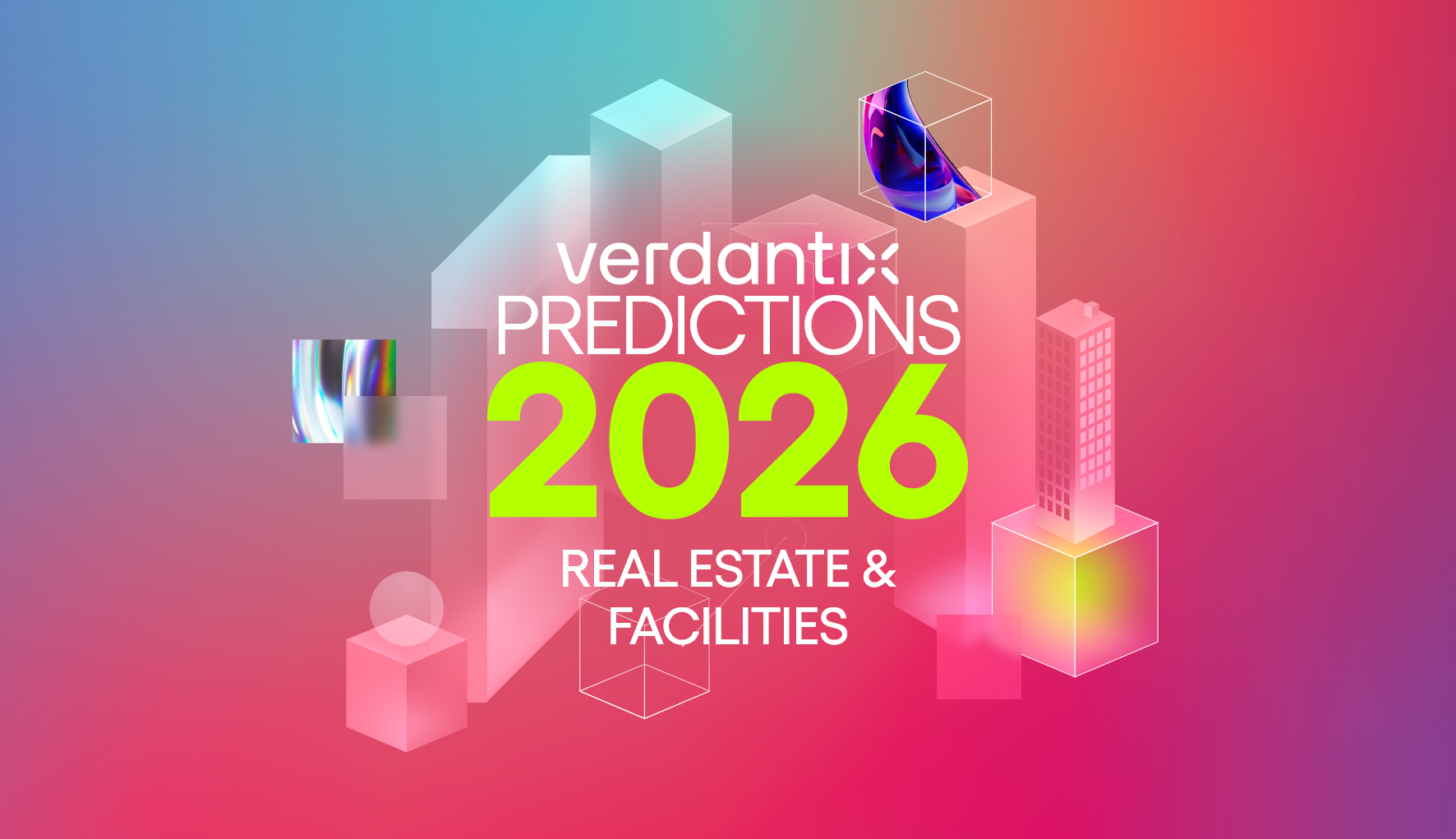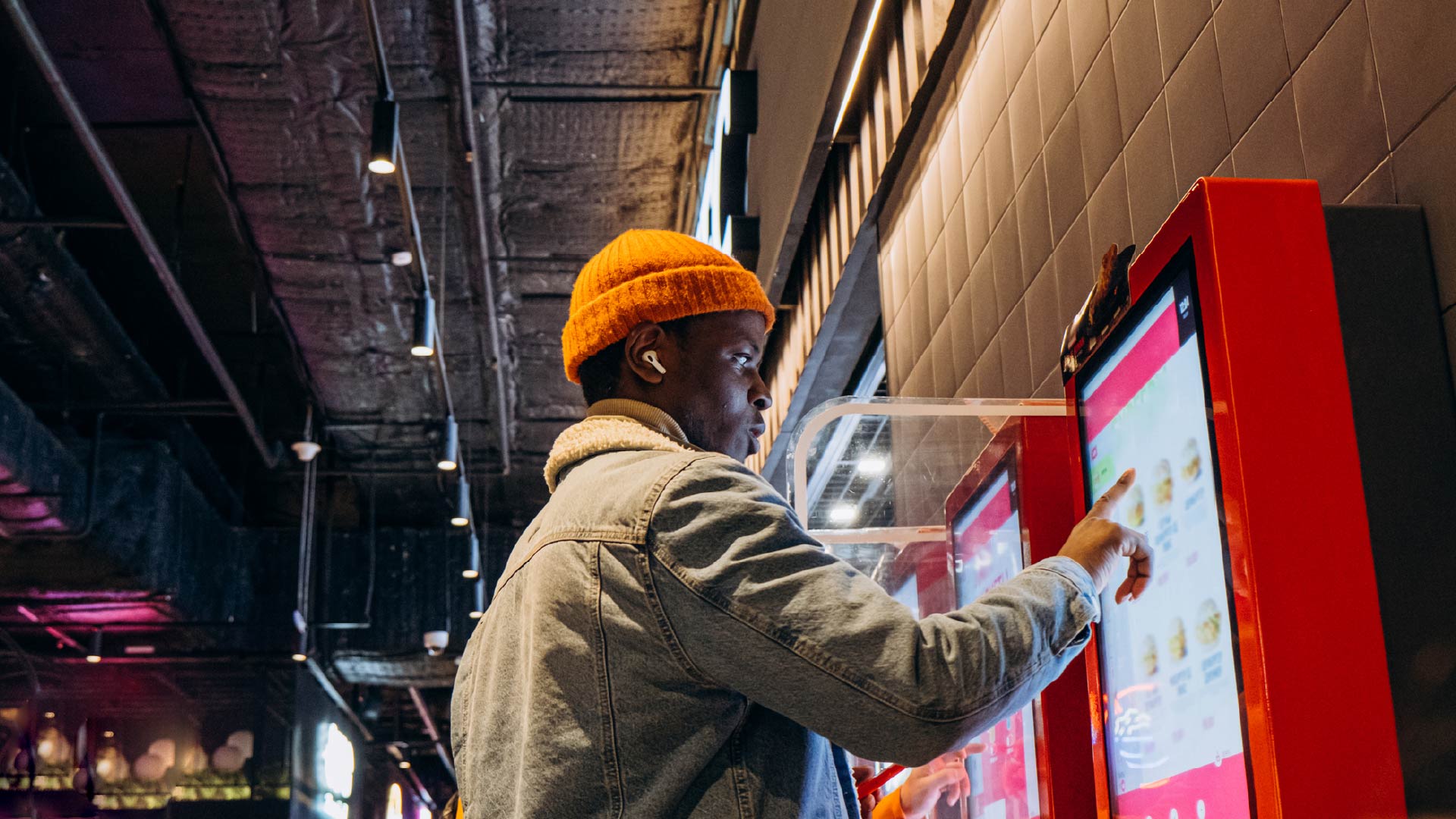Construction: An Industry On The Brink Of Mainstream Digitization
The construction sector has secured a reputation for being among the least productive of all industries – and one that is severely resistant to change due to a complex stakeholder landscape and rigid built systems. However, since the COVID-19 pandemic, the digitization of construction has accelerated, following a mass shift of monitoring and operations to off-site locations facilitated by construction management software (CMS). As a result, investment in CMS is skyrocketing: last month, Zacua Ventures launched a $56 million ConTech fund to capitalize on growing opportunities. Construction firms are under immense pressure to implement CMS due to factors ranging from worsening labour shortages and skill gaps to incoming regulatory pressures and ESG targets.
With users claiming it to be “worth its weight in gold” and “second nature”, software is fast becoming a cornerstone to construction processes. The diverse CMS landscape is continually evolving in response to technological advancements and market demands. Verdantix interviewed 15 providers and customers of CMS from around the world to unveil the key trends that are set to transform the construction sector over the next five years. These are:
- “Digital tools for lean construction are key” – Chief Marketing Officer at CMS firm.
With annual construction waste forecast to reach 2.2 billion tonnes globally by 2025, there is growing impetus to improve the sustainability of the sector by fostering lean construction principles. These maximize stakeholder value while reducing waste and enhancing collaboration between teams through the entire construction process for higher quality outcomes, as well as reducing environmental impact. To improve the sustainability of workflows, modular design and materials prefabrication are gaining traction and reducing on-site waste.
- Augmented and virtual reality (AR/VR) for remote site monitoring.
AR/VR technology is becoming cheaper and more readily available. CMS providers are using IoT sensors and real-time data to enable 3D modelling and immersive analytics for remote site auditing and monitoring to combat labour shortages. Trimble’s AR Connect, Autodesk’s Extended Reality (XR) and MODS’s Reality are all examples of solutions leveraging this functionality.
- Digital twin integration.
Digital twins enable the creation of virtual replicas of buildings, allowing for optimized materials usage, reduced embodied carbon and more reliable supply chains (see Verdantix Market Overview: Next Steps For Digital Twins). The use of digital twins is becoming commonplace in large and complex construction projects to improve operational efficiencies where margins are narrow and time constraints are heightened. Notable examples include the integration of a Matterport 3D digital twin into the construction workflow of an aviation project at Los Angeles International Airport and the creation of a digital twin to aid the redevelopment of Whipps Cross Hospital in London.
- Service-based offerings (‘X’aaS).
The ‘servitization’ of construction management is on the horizon. Buyer demand for subscription-based models and a predictable expense structure is increasing in response to the uncertain economic climate and need to reduce the perceived barrier to implementation from high start-up costs.
- “AI and NLP integration are the future for construction software” – Director at CMS firm.
AI and NLP chatbots are emerging in CMS interfaces for improved ease of user experience and enhanced analytical insights. AI integration enables the automation of repetitive tasks, reducing manpower requirements and saving time. Through machine learning, AI verifies regulatory compliance, provides financial forecasting, and analyses accident report databases to prevent repeat occurrences of similar incidents on construction projects.
To learn more about the digital transformation taking place in the construction industry, read Verdantix Market Overview: Architecture, Engineering And Construction Software and look out for the upcoming Smart Innovators report on construction management software.
About The Author

Sophie Planken-Bichler
Industry Analyst





